The wicker weavers who can make a picnic hamper with such skill that you can choose whether it's silent or squeaky
Lifting the lid on a sturdy hamper to find cold ham and ginger beer is a summer joy. Here are some of the wicker weavers who make the dream come true.
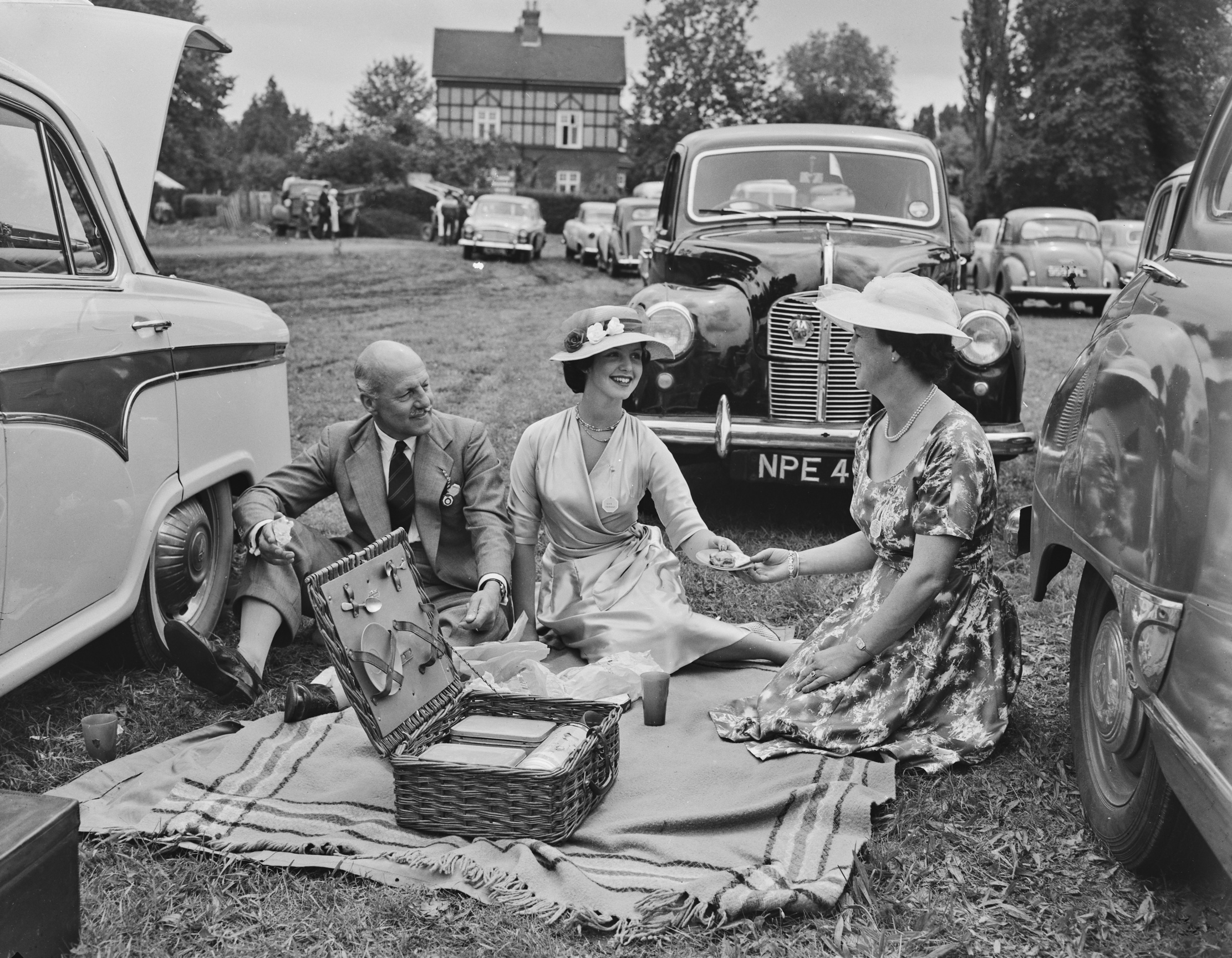
No one puts on a picnic with quite as much panache as Ratty. The cold chicken Kenneth Grahame’s affable and generous water vole brings to the little blue-and-white boat, alongside ‘cold tongue cold ham cold beef pickled gherkins salad French rolls cress sandwiches potted meat ginger beer lemonade soda water’ has companion Mole ‘in ecstasies. “This is too much!” ’
However, beyond the extravagances of this particular feast in The Wind in the Willows, what also sets it apart is the ‘fat wicker luncheon-basket’ in which the edibles are encased. How much more beguiling surely than the ‘parcel’ protecting the sandwiches that Mr Ramsay opens and shares in Virginia Woolf’s To the Lighthouse or even the undisclosed paraphernalia at that most famous of literary picnics, in Emma on that ‘very fine day’ at Box Hill, during which Jane Austen chooses to explore the tense interplay between her fractious characters rather than depict wicker baskets.
If the great novelist had deigned to illustrate a pannier, it could conceivably have been a model by G. W. Scott, which had set up its fine wickerwork business in London in 1661. G. W. Scott is credited as being the inventor of the compartmentalised picnic basket we know and love today, having unveiled it at the Great Exhibition of 1851. Yet a little over a century later, with the Victorian glory days for picnicking long gone and demand for alfresco dining accessories in terminal decline, the company closed its doors, seemingly forever.
A few years ago, picnic baskets, and the eye-watering sums antique versions garnered at auction, piqued the interest of menswear design graduate Stuart Eggleton, who envisaged a renaissance for G. W. Scott. ‘I revived the company after visiting various archives — which included order books that dated back to 1670 — as I thought it was an interesting story,’ says Mr Eggleton, who now sells luxury Morning Baskets and the slightly larger bestselling Afternoon Basket cousins (as well as Alcohol Baskets), under the G. W. Scott label mainly to clients in the UK, who take them to polo games, tennis matches, Glyndebourne and Henley Regatta.
Strong arms are required to transport them to the actual dining spot, however, as they are heftier than cheaper imitations, having been crafted from Somerset willow and leather and filled with cutlery fashioned in Sheffield and fine bone-china tea sets made by Royal Warrant holder Caverswall in Stoke-on-Trent, Staffordshire.
‘Our picnic baskets are more like cases and are inspired by the original designs,’ adds Mr Eggleton. ‘The wicker itself has a waxy feel and is more chunky compared with others; it has a sweet aroma and is, initially, a deep golden yellow that softens with age. The hinged leather strapping gives a creaking sound as the lid is opened.’
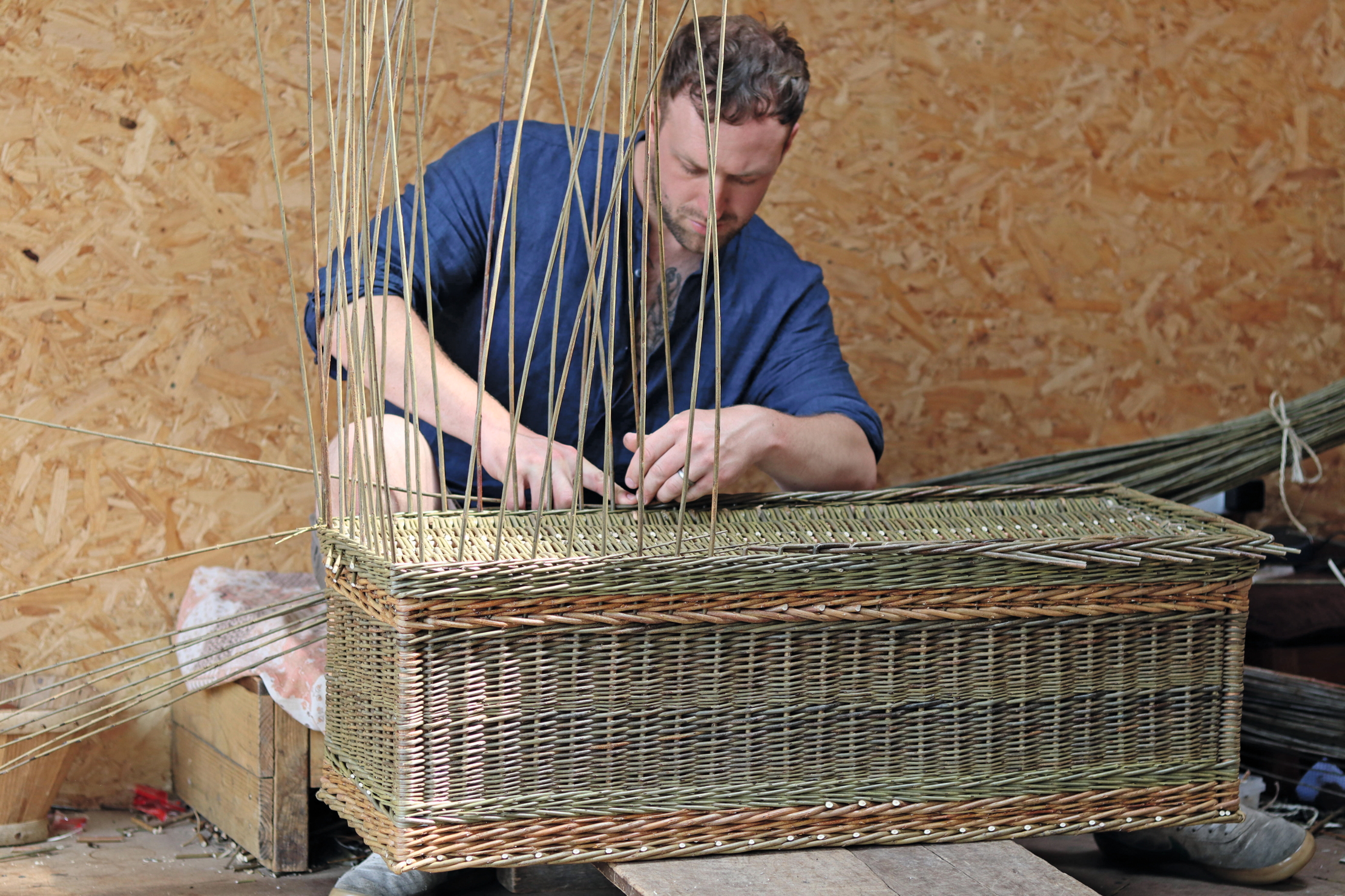
Eddie Glew of Blithfield Willowcraft makes his baskets ‘creaky or silent — the customer chooses, but most like the noise,’ in his Derbyshire workshop, where he has worked since the age of 19 after being ‘let go’ from a firm of electricians. ‘I moved home because my dad, Peter, a basket-maker, had been diagnosed with motor neurone disease. I began to help him. It wasn’t on my agenda, but I fell in love with basket-making and dad taught me for 18 months. After he died, I pestered queen bee Sally Goymer for lessons. She trained at the French National School of Basketry at Fayt-Billot, where they use a closer, finer technique, and she really shaped me as a maker. One thing I miss is finding ash in my baskets, as she smoked, but I’m truly happy when I can see a bit of Sally and a bit of dad in my work.’
Sign up for the Country Life Newsletter
Exquisite houses, the beauty of Nature, and how to get the most from your life, straight to your inbox.
Mr Glew’s large-scale wicker sculptures are dotted around the UK, commissioned by the likes of the National Trust and Warwick Castle, but hampers are his bread-and-butter business. Members of the Royal Family own them, television presenter Kirstie Allsopp has a couple and Fortnum & Mason orders personalised versions for clients.
‘My aim is to promote basket-making to the highest standard I possibly can and show what can be achieved,’ adds Mr Glew. ‘In history, the top-quality baskets made for the elite are exquisite. Sadly, skills have been diluted over the years for cost, but I like to finish one and think I have put every ounce of myself into it.’
In Somerset, a hub for wicker craft due to the wetland environment of the Levels that growing willow plants (Salix) adore, Ed Samuel, one of 13 basket-makers at Taunton-based Coates English Willow, is fashioning a suitcase-style hamper (as opposed to the company’s loftier, triangular-topped shooter style). Tall stakes have already been attached to the base and Mr Samuel is randing (weaving) the rods between these svelte stakes, which swing left and right as he works. Building up the sides takes time and, when the basket side is high enough, the stakes will be bent over and woven in. With the lid not yet begun, this creation will take the rest of the day to complete.
‘The process hasn’t changed over time. It’s hard work and harsh on the hands, as willow is a tough material,’ says Nicola Coate, a director of this 205-year-old firm, which grows its own withies on 90 acres, harvesting them in winter.
According to Fortnum & Mason’s archivist Dr Andrea Tanner, the act of picnicking originated in France, the concept finding its way into Britain in the late 18th century. Indoor feasts were encouraged to head outside by the Romantic movement. The hamper itself soon joined the party and it remains the linchpin of outdoor dining. However, not all hampers are the same, and a deftly crafted artisan wicker model will be endlessly charming, elegant and will stand the test of time. What could be a better accompaniment to those long, lazy days of summer?
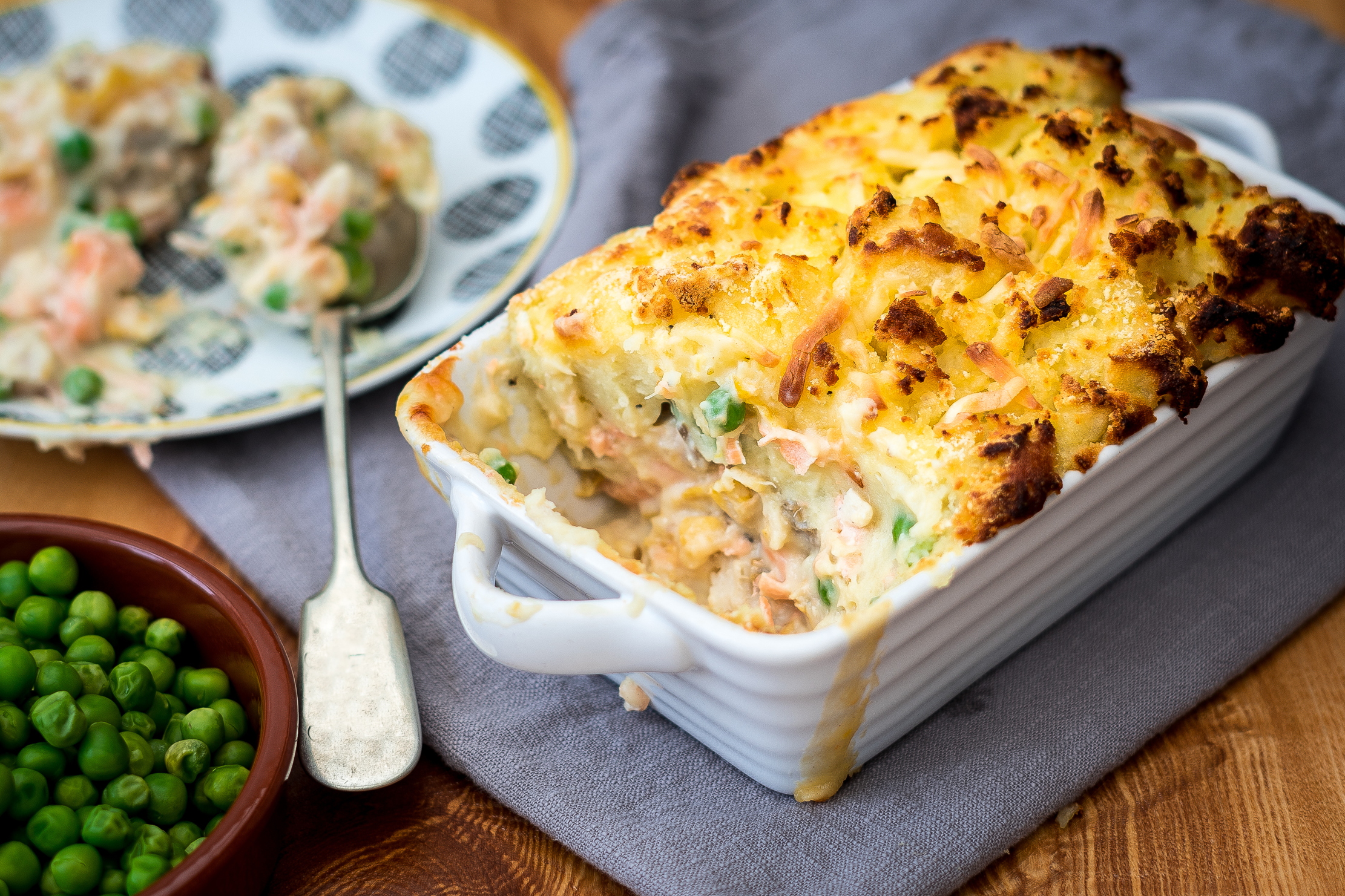
Credit: Andy Hunting/Getty Images
Tom Parker Bowles shares his sublime fish pie recipe, but with a few rules attached
To salmon or not to salmon? Cod or monkfish? Pastry or mash potato? Whatever your preferences, Tom's recipe is sure
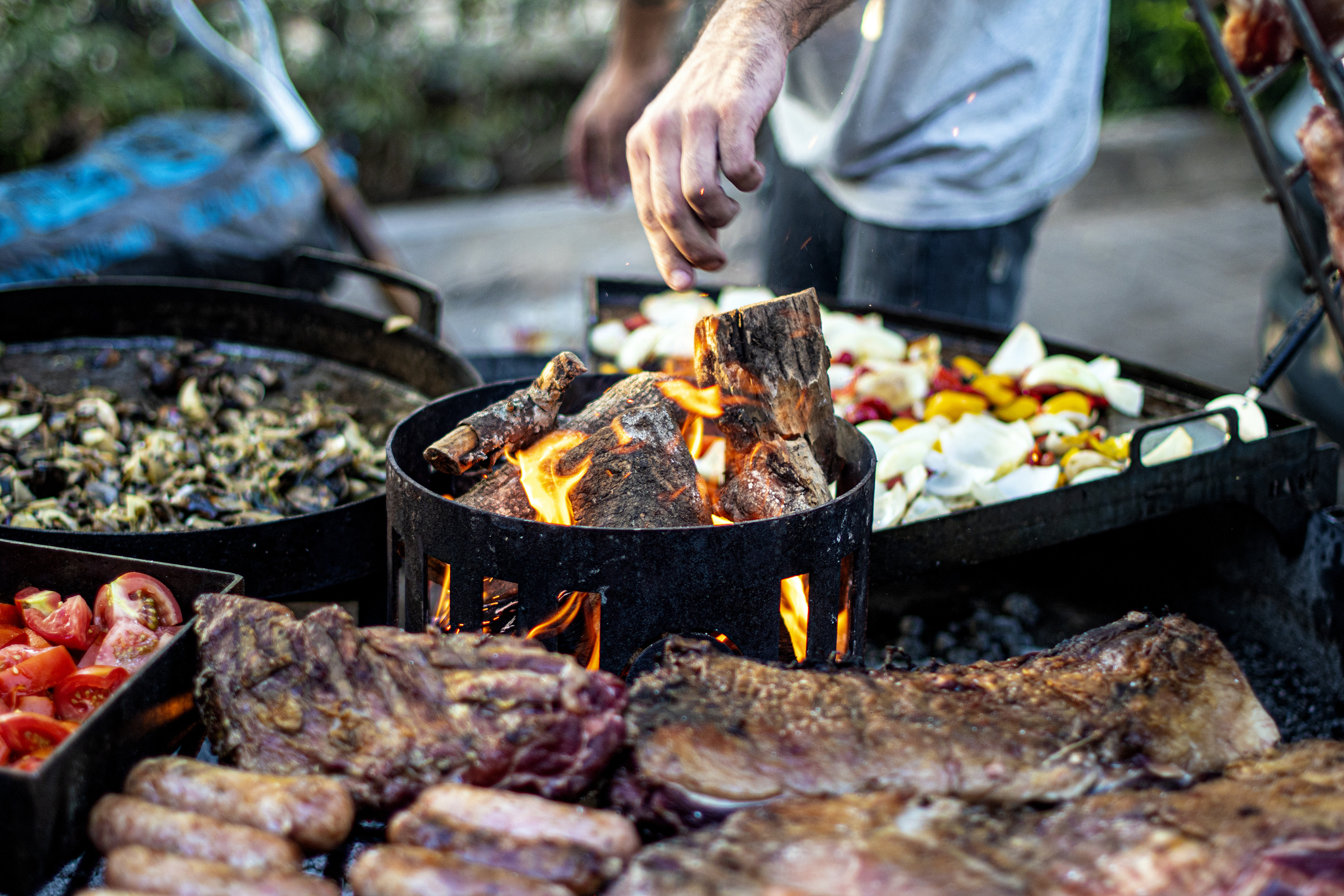
Credit: Getty
Jason Goodwin: When gaucho chic in Dorset becomes something 'between instrument of torture and decommissioned nuclear reactor'
An attempt to bring a touch of gaucho chic to Dorset doesn't go well for our columnist.
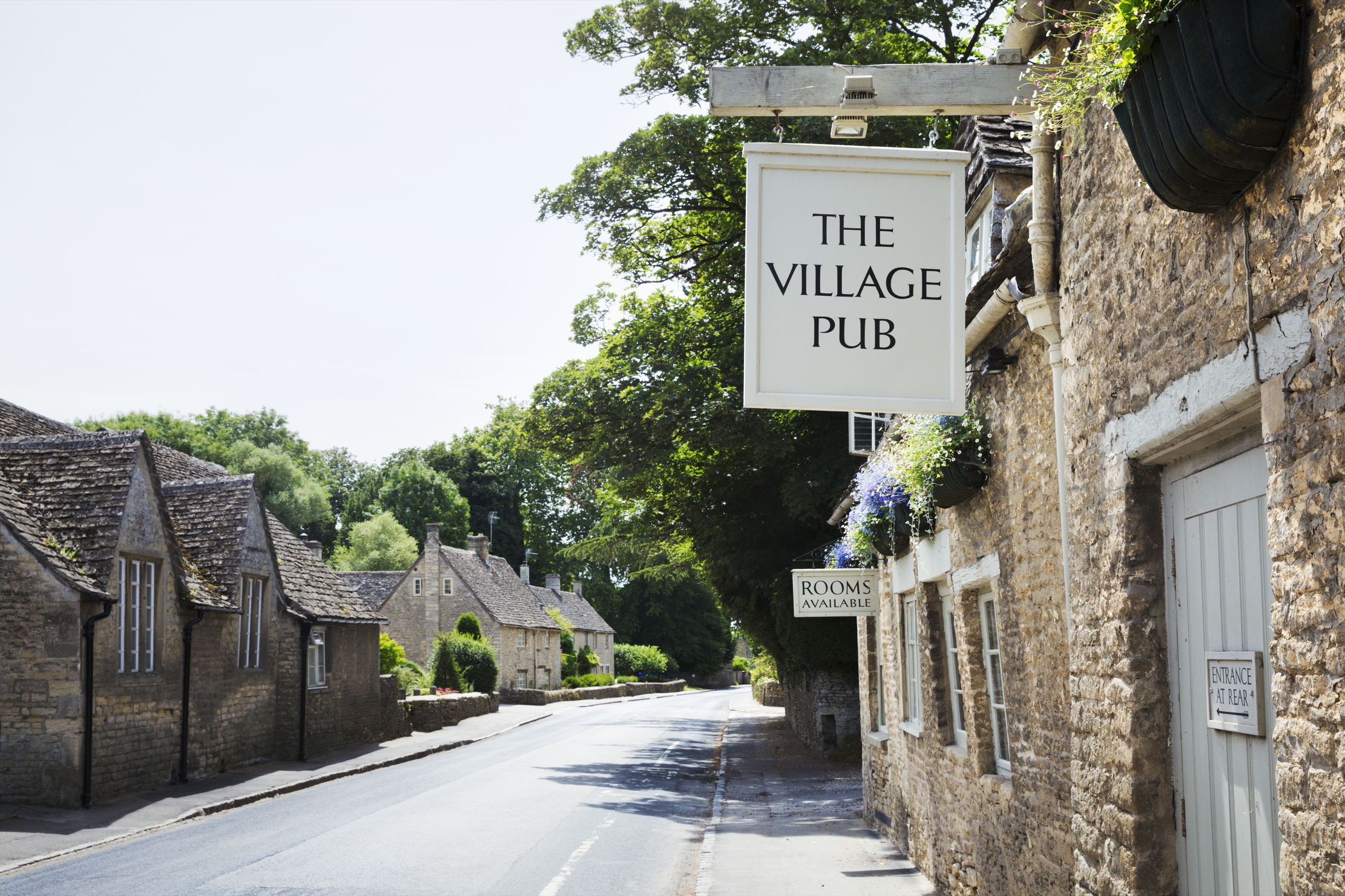
Credit: Mint Images/Getty
Patrick Galbaith: If you don't keep using your local pub and butcher, you won't have a community worthy of the name
Patrick Galbraith laments those who complain about the price of beer in pubs and and beef in butchers — the
-
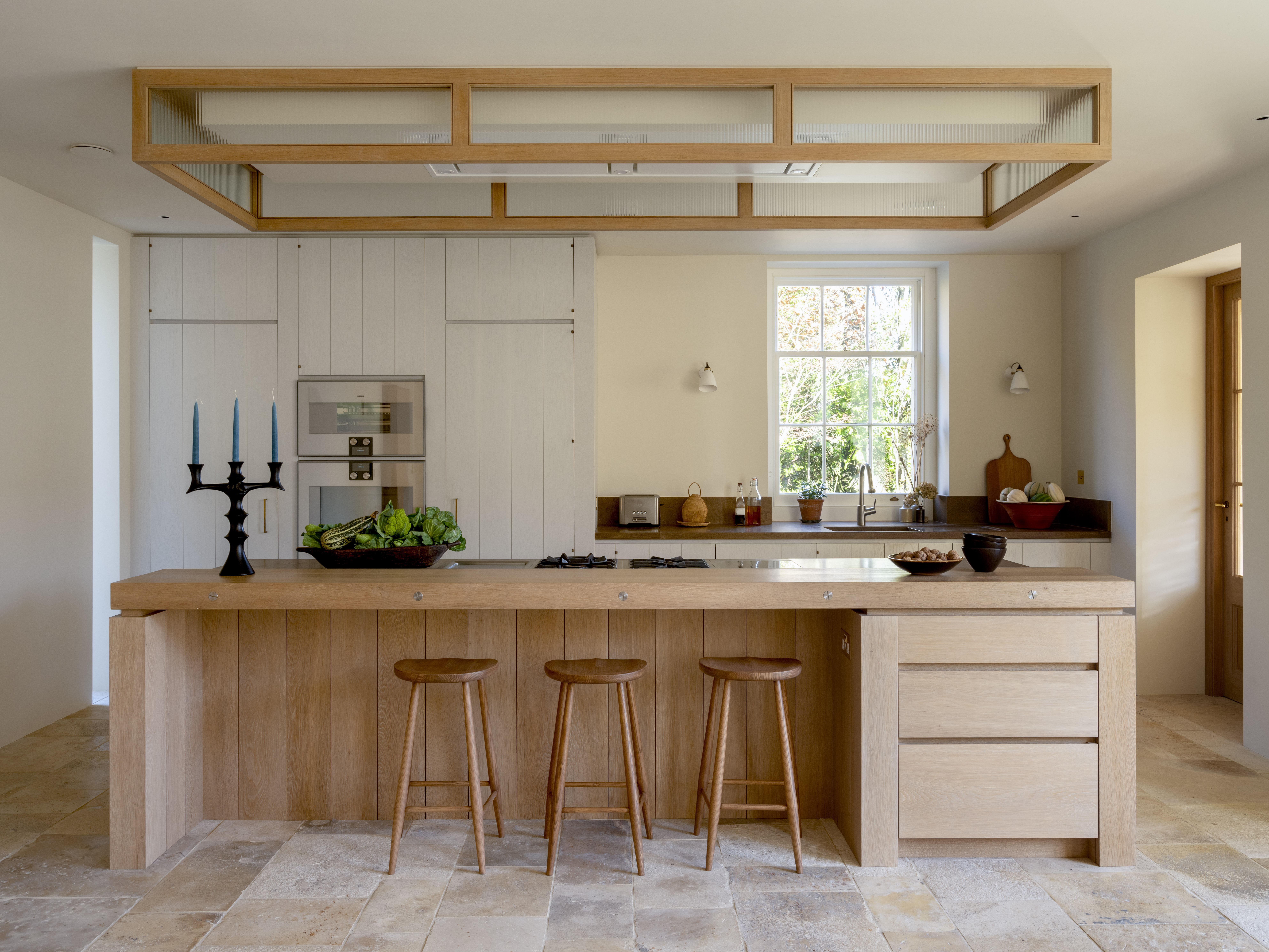 Designer's Room: A solid oak French kitchen that's been cleverly engineered to last
Designer's Room: A solid oak French kitchen that's been cleverly engineered to lastKitchen and joinery specialist Artichoke had several clever tricks to deal with the fact that natural wood expands and contracts.
By Amelia Thorpe
-
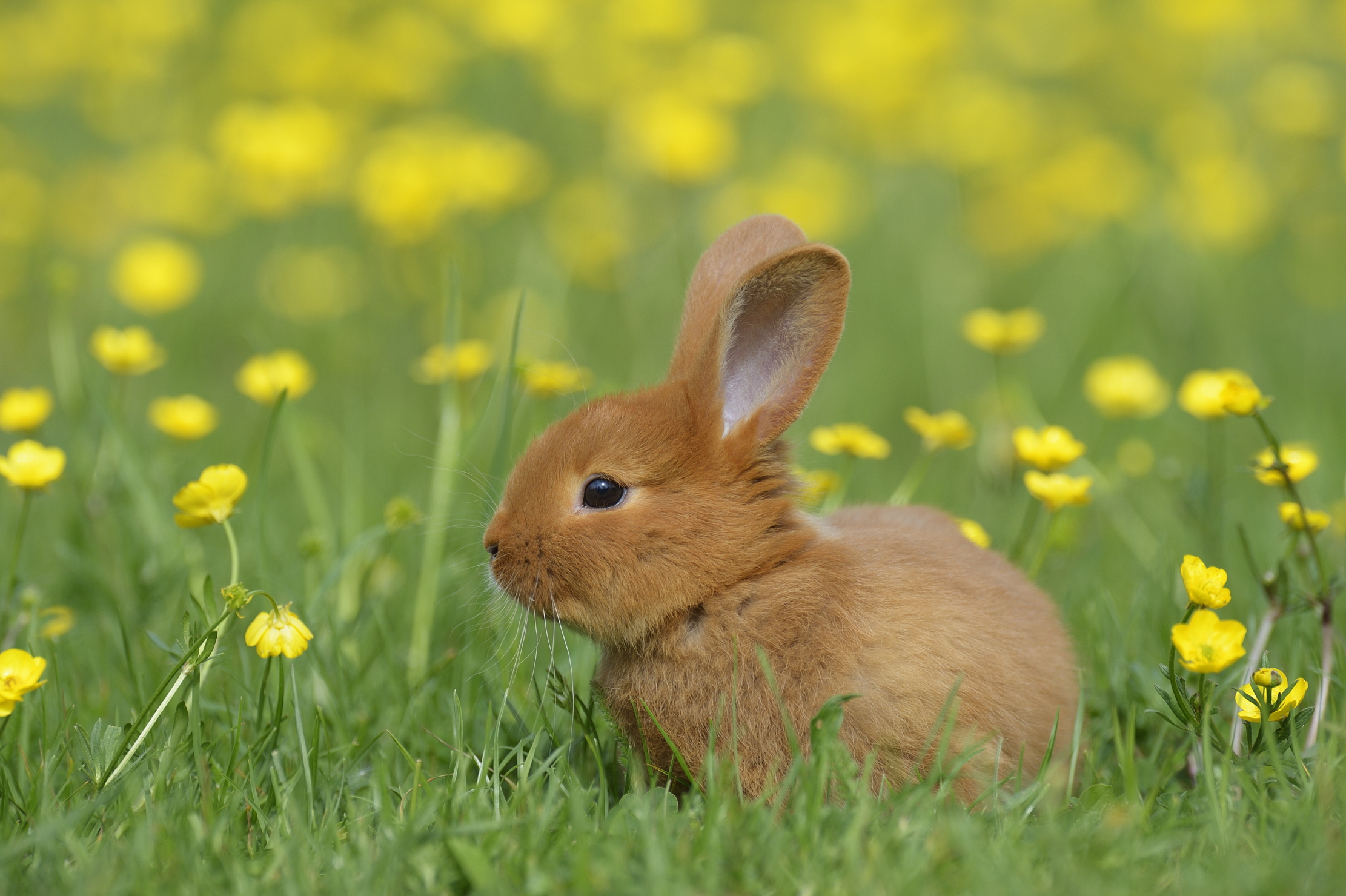 Chocolate eggs, bunnies and the Resurrection: Country Life Quiz of the Day, April 18, 2025
Chocolate eggs, bunnies and the Resurrection: Country Life Quiz of the Day, April 18, 2025Friday's quiz is an Easter special.
By James Fisher